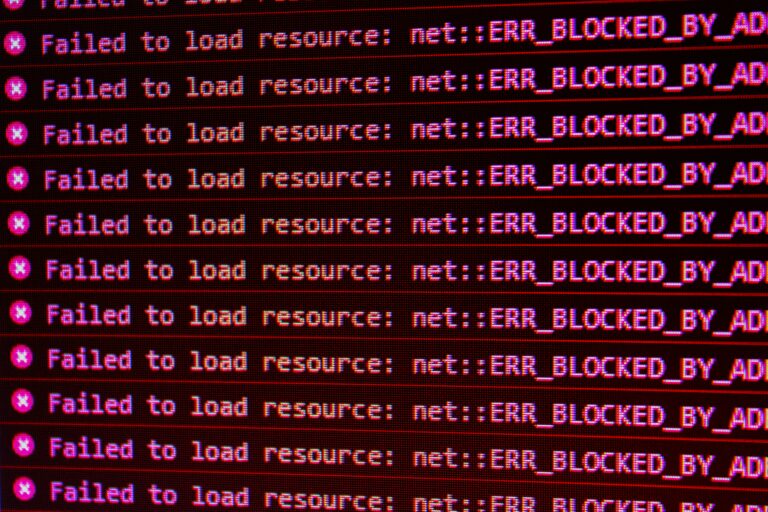As I find myself with more time for reflection lately, I’ve been contemplating the lessons I learned early in my career that may be valuable to share, particularly for those embarking on their professional journeys.
My initiation into the world of IT began as a system administrator for an aging AS400, even though my previous experience had solely revolved around PCs. While I settled into my role, mastering the basics of running CL jobs and managing sales reports, printing, and various tasks within a well-air-conditioned data center, I quickly reached a point where I craved more challenges and a more significant role within the team.
John, the person who had helped me secure this position, had been acting as my mentor. Although he had plenty on his plate, he graciously took the time to teach me advanced CL and even some RPG. Even after all these years, I vividly recall a particular program he taught me. Its purpose was to compile a logical structure across multiple data sets for future reporting purposes.
At the time, I didn’t fully comprehend the significance, but John was imparting a vital lesson that has stayed with me to this day – the concept of failing fast and iterating.
I remember that Friday when John inquired if my job was ready to run. Brimming with confidence, I assured him that it was prepared for compilation, and with that, we initiated the process and headed into the weekend with plans to monitor the job remotely (back then, we still relied on modems to connect to the office system from home).
On Friday night, I checked, and the job was running – assigned the highest priority on the queue and utilizing all available resources. Saturday arrived, and the job was still running, fueling my pride. After all, a lengthy runtime indicated significance, right? The pride only grew on Saturday night.
Come Sunday morning, as I dialed in, I noticed my job was gone – cancelled? Confused and concerned, I spotted John online and gave him a call. Clearly frustrated and preoccupied, he explained that my job had caused a backlog, affecting the sales reports and other critical tasks for the weekend. After running for 57 hours, he had to cancel it to free up the system. He was manually expediting high-priority jobs and attempting to salvage as much of the expected reporting as possible by Monday morning. I was shocked and couldn’t help but feel a pang of guilt. My intentions had been positive, yet I had inadvertently caused the opposite outcome.
Monday morning arrived, and as I made my way to the office with my head hanging low, I found John in my seat, diligently pushing through jobs as fast as the system would allow. Just then, a sales manager stormed in, demanding to know where his reports were. Patiently, John explained (seemingly for the umpteenth time) that we had encountered a job mishap over the weekend and were working together as a team to recover swiftly. No blame assigned. No names mentioned.
That day, I absorbed numerous lessons, but perhaps the most profound was the importance of ensuring that one’s work in production does not harm the system. It may seem obvious now, but as a new system administrator eager to learn, I hadn’t yet connected the dots between my performance and its impact on the business I supported.
Once things settled down and we caught up, John took the time to show me what went wrong and how to improve the job compilation process. (I believe he managed to compile it in less than an hour.) He also helped me understand that while, as a sys admin, I possessed the power to prioritize tasks on the system, I needed to comprehend the ripple effects of making changes to scheduled jobs. Lastly, a simple explanation of typical compilation times aided me in gauging when to consider a job a concern and when to fail it and regroup for another attempt.
In the end, the damage was minimal, mostly resulting in frustrated staff members due to delayed reports. However, the lessons I learned that day proved invaluable throughout my career and continue to guide me to this day.
Orignally posted on LinkedIn on June 4th, 2023.
Photo credit – https://unsplash.com/@martycanstay










